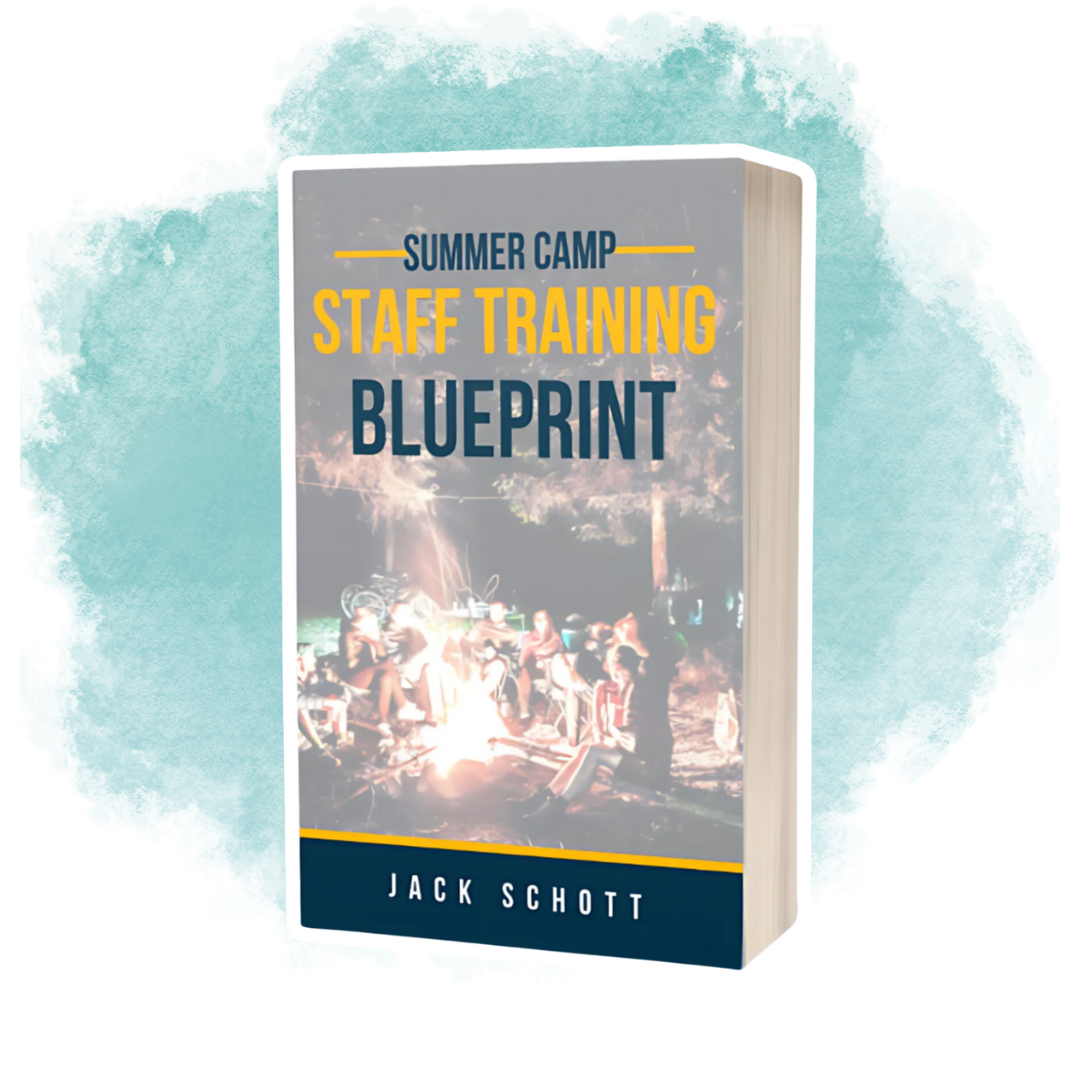What is the Hidden Curriculum?
What is the Hidden Curriculum?
The term ‘Hidden Curriculum’ refers to all of the unspoken expectations in a specific place or for a group of people. Humans are complicated behavioral beings, and we use our behavior to communicate with and evaluate each other. We somehow know that we can behave differently in different places, such as a library or a party or a church. We know without being taught that we can make loud jokes and give big bear hugs at a party, but if we try that at a library we get shushed or frowned at. We can often tell who we will be friends with – just by watching them.
Jack does trainings on the hidden curriculum for camps all over the country. Email him for more info - JACK@THESUMMERCAMPSOCIETY
Why does this matter? Well, hidden curriculum can make people feel really uncomfortable if it is unfamiliar and they don’t know how to behave. If people are using a different set of unspoken rules than we are, it is all too easy to misjudge them. Many aspects of the hidden curriculum are sourced in demographic identity like class and race, other aspects can be age-based or location-based.
When we interact in spaces where we are a different race, class, or age from the majority of the other people, we usually feel more uncomfortable, because we aren’t quite sure what behavior will be acceptable. We might not know how exactly how to connect because people are behaving in ways that are surprising to us. Most people instinctually trust other people who behave in predictable ways, but this can get in our way when we try to build trust with people who are demographically different from us, or who grew up learning a different code for how to behave.
Let’s look at some examples of Hidden Curriculum.
If you grew up in a city like New York and you walk down the sidewalk, you know that most people will not make eye contact or greet one another. However, if you grew up in a suburban town in the Midwest, you know that most people smile and say hello, even if they don’t know each other at all. If you go to New York on a trip, nobody tells you when you arrive at the airport, that you should walk fast, and greet nobody except your actual friends. It’s hidden curriculum.
If you go to an ICP (Insane Clown Posse) or a Beyonce concert or if you go see the Rocky Horror Picture Show or if you attend a summer camp, you know that there are clear ways that people behave and don’t behave. At most summer camps, for example, the staff usually act over-the-top happy and goofy. If someone is attending camp for the first time, as a camper or a staff member, they might not instinctually see this behavior as welcoming or trustworthy or comfortable.
If you frequently go to regattas or golf tournaments, then you know what to expect. You know how to dress and what to pack and how to translate the behavior of others at those events. Every culture and subculture has hidden curriculum that is mysterious to people who aren’t familiar with it.
To make things even more complicated, each person has some of their own personal hidden curriculum. Some of us feel comfortable at a big sit-down family dinner at a table and we know how to ask for the potatoes or the chicken. Others of us feel comfortable a a big family dinner where everyone fills a plate and sits on couches and chairs and watches the game together.
Regardless of how we feel comfortable eating our meals, or whether we are familiar with golf or Beyonce, it costs each of us more effort to exist in an environment or a routine that isn’t familiar for us. When we try to diversify our schools, camps, workplaces or friend groups, the people who join us in our comfort zone won’t necessarily feel comfortable right away, because they might not understand the hidden curriculum.
The Hidden Curriculum can actually prevent people from behaving how we expect, simply because they don’t know what to do, and we don’t know how to explain our subculture in a workplace or a friend-group. Most of us have very little practice talking about the hidden curriculum or even noticing what it is. When we pay closer attention to the unspoken rules in our lives, we can illuminate the hidden curriculum and do a better job explaining our standards. This can increase the diversity in our workplaces and make more people feel comfortable near us personally.
INTERESTED IN HAVING US TRAIN YOUR TEAM ON THE HIDDEN CURRICULUM? EMAIL JACK AT JACK@THESUMMERCAMPSOCIETY.COM
SYLVIA VAN MEERTEN
INCLUSION TRAINER, CAMP DIRECTOR, YPO FACILITATOR
Jack Schott
Co-Founder The Summer Camp Society & Camp Stomping Ground, Camp Trainer

Ready to Elevate Your Summer Camp Staff Training?
Empower your camp staff with the tools they need for success.
Visit our dedicated training site for expert resources, training modules, and more.


